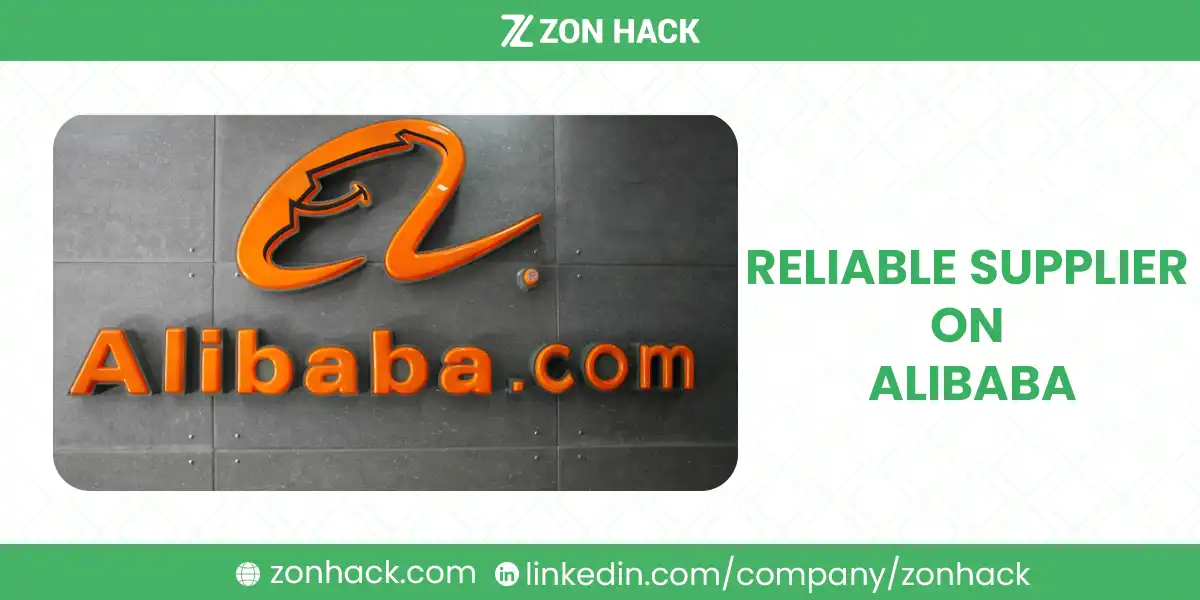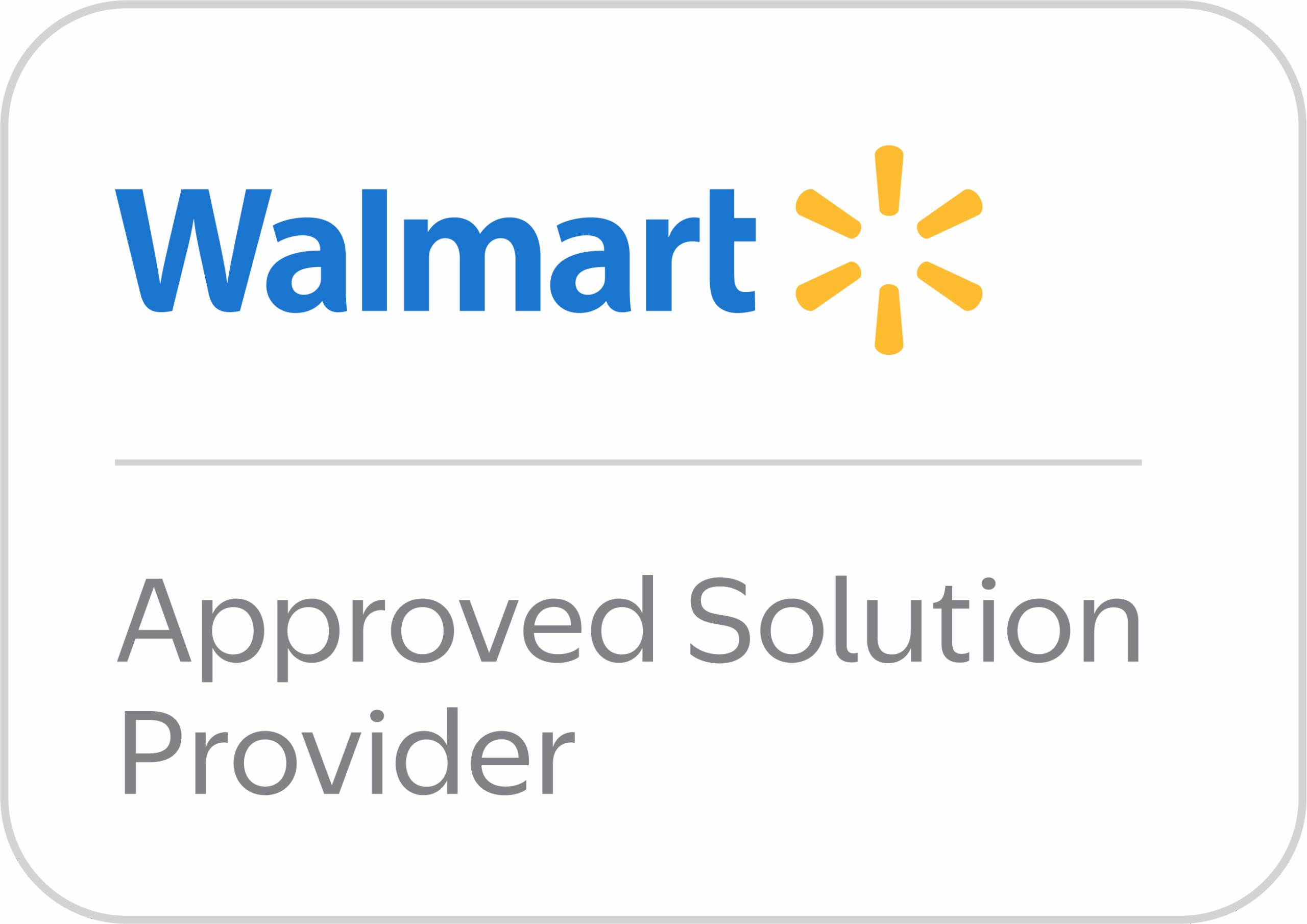Finding a trustworthy supplier on Alibaba can be a critical step in ensuring the success of your business. As a global B2B online marketplace, Alibaba connects millions of buyers and suppliers, offering a vast array of products across various industries. However, sourcing on Alibaba isn’t without challenges—scams, quality issues, and communication barriers can hinder your experience if due diligence isn’t taken. This guide provides a detailed, step-by-step approach to navigating Alibaba’s marketplace safely and effectively, ensuring you find a supplier that meets your standards and supports your business goals.
1. Define Your Product Needs Clearly
Before starting your search on Alibaba, it’s essential to outline your product requirements in detail. This ensures you can narrow down suppliers who are capable of meeting your needs.
Product Specifications
Define your product specifications, including materials, dimensions, functionality, required certifications, and safety standards. For instance, if you are sourcing electronics, check compliance with certifications like CE or FCC, which are critical for safety and regulatory adherence.
Quantity and Budget Requirements
Determine the minimum and maximum order quantities (MOQ) to help you filter suppliers by their capacity to fulfill your orders. Set a realistic budget that considers not only the product cost but also shipping fees, customs, and quality control. This budget serves as a benchmark during negotiations, helping you avoid overspending.
Research Industry Trends
Keeping up-to-date on industry trends, especially regarding materials, regulations, and potential disruptions, can be advantageous. Alibaba’s blogs and industry reports provide insights into emerging trends, seasonal demand fluctuations, and compliance standards that could impact your sourcing decisions.
2. Implement Effective Search Strategies on Alibaba
Alibaba’s search tools can be powerful when used effectively. A refined search process can save time and reveal suppliers who meet your specific criteria.
Optimizing Keywords and Categories
Use specific keywords and phrases, along with Boolean operators (AND, OR, NOT), to fine-tune your search results. This tactic allows you to hone in on suppliers who meet exact criteria. Additionally, explore Alibaba’s extensive product categories to discover niche suppliers who specialize in your industry.
Utilizing Supplier Filters
Filters are a key feature on Alibaba. For example:
- Location Filter: Selecting suppliers from particular regions can help meet budget and quality preferences.
- Minimum Order Quantity (MOQ): This filter lets you narrow down suppliers who can meet your desired order volume.
- Trade Assurance and Verified Supplier Badges: The “Trade Assurance” badge ensures Alibaba’s payment protection and dispute resolution, while the “Verified Supplier” badge indicates a third-party inspection, offering peace of mind.
- Certifications Filter: For specialized products, using the certification filter (e.g., ISO, FDA) ensures suppliers comply with industry standards.
3. Evaluate Potential Suppliers
Once you’ve identified potential suppliers, it’s time to evaluate their credibility and reliability.
Analyzing Supplier Profiles
Examine each supplier’s profile in detail:
- Company History and Reputation: Look for suppliers with multiple years of operation, as experience often indicates reliability. Customer reviews and past transactions provide insight into the supplier’s performance history.
- Product Range and Specialization: Choose suppliers who have experience producing your desired products or operate in your industry. A specialized supplier is often more reliable than a generalist.
- Certifications and Quality Standards: Verify any industry-required certifications, such as ISO for quality management or FDA approval for health-related items. Alibaba typically lists certifications on supplier profiles, but it’s wise to request official copies.
- Production Capacity: Confirm that the supplier can fulfill not only your current order but also scale production if demand increases.
Communication and Responsiveness
Good communication is a critical component of supplier evaluation. Initiate contact with each potential supplier to assess their response time, professionalism, and ability to answer your questions accurately. Clear communication from the start builds confidence that your needs will be understood and met.
4. Verify Suppliers and Ensure Product Quality
Due diligence minimizes the risks associated with online sourcing. Verification strategies include using third-party inspection services, ordering samples, and, if possible, conducting in-person factory visits.
Third-Party Verification Services
Using Alibaba’s Trade Assurance provides protection for product quality and delivery timelines. Additionally, independent inspection services can verify a supplier’s factory location, production capacity, and adherence to product specifications. Alibaba also offers VR Showroom technology for virtual factory tours.
Sample Orders
Requesting samples is a fundamental step. Ordering samples allows you to evaluate product quality, functionality, and adherence to specifications firsthand. For larger investments, consider placing a small initial batch order to fully assess the supplier’s production capabilities and delivery timelines.
Factory Visits (If Possible)
An in-person factory visit is the most effective way to confirm a supplier’s capabilities. Alternatively, some suppliers offer virtual tours, allowing buyers to inspect factory facilities remotely, assess ethical sourcing practices, and build rapport.
5. Build a Strong Relationship with Your Supplier
Building a strong supplier relationship goes beyond one-off orders. Clear communication, transparency, and mutual respect lay the groundwork for long-term partnerships.
Establish Clear Communication
A communication plan outlining preferred methods and contact frequency helps avoid misunderstandings. Regular updates keep both parties aligned on order progress, potential delays, and production schedules.
Foster Trust and Transparency
Trust is essential for a successful buyer-supplier relationship. Treating suppliers fairly, providing timely feedback, and respecting agreed-upon terms encourages mutual respect and goodwill. Suppliers often prioritize clients they trust, leading to better service and competitive pricing.
Consider Long-Term Contracts
If a supplier consistently meets your standards, a long-term contract may offer benefits such as reduced pricing or priority service. This approach also provides your supplier with consistent business, fostering a stable partnership.
6. Negotiating Terms and Contracts Effectively
Negotiating effectively on Alibaba involves discussing not just price but terms like payment methods, shipping logistics, and intellectual property protection.
Price and Payment Terms
Communicate your budget clearly, particularly for bulk orders where suppliers are often open to price negotiations. Payment options like upfront payments, partial payments, or letters of credit (L/C) offer flexibility and security.
Shipping and Logistics
Determine the most efficient shipping method and clarify customs responsibilities, insurance requirements, and how any potential delays will be handled.
Quality Control and Intellectual Property
Draft clear quality control standards and inspection procedures. Using third-party inspections adds another level of assurance. If you’re sharing proprietary designs or sensitive information, include intellectual property protection clauses in your contract.
Formal Contracts
A well-defined contract is crucial, covering payment terms, delivery dates, quality standards, and a dispute resolution process. Contracts protect both parties and ensure terms are mutually understood and enforceable.
7. Manage Orders Post-Production
After placing an order, active management ensures products are delivered on time and meet agreed-upon standards.
Order Tracking and Quality Control
Regularly monitor production progress, shipping timelines, and quality checks. Inspect products upon arrival to ensure compliance with your standards. A third-party inspection service can also assist in verifying product quality on-site.
After-Sales Support
Set up a system for handling returns, replacements, and warranty claims. Maintaining a positive relationship with your supplier increases the likelihood of favorable solutions to any issues that arise after the sale.
Additional Tips for Success on Alibaba
Use Alibaba’s Resources: Alibaba provides tools like supplier ratings, forums, and trade alerts, helping you make informed decisions and find quality suppliers. Online communities also offer valuable advice and insights.
Learn from Other Buyers: Joining forums and buyer groups enables you to share experiences, ask questions, and get advice from seasoned Alibaba users.
Be Persistent: Finding the right supplier takes time. Don’t rush the process, and remember that patience often leads to better partnerships.
Frequently Asked Questions (FAQs)
1. How does Alibaba Trade Assurance work, and is it necessary?
Trade Assurance acts as payment protection, covering quality and delivery time. It is highly recommended for secure transactions.
2. Can I trust suppliers without a Verified or Gold Supplier badge?
While not a guarantee of quality, the absence of these badges can indicate the need for additional verification.
3. What should I do if product samples don’t meet my quality standards?
Request further clarification from the supplier, and if issues persist, consider alternative suppliers to avoid compromising quality.
4. How do I find suppliers offering customization options?
Use keywords like “custom” or “OEM” in your search and look for suppliers specializing in customizable products.
5. How can I handle disputes on Alibaba?
Disputes are best resolved through clear communication. If unresolved, Trade Assurance or Alibaba’s support services can mediate.




